
Kód: 04937145
Indigenous Mestizos
Autor Marisol de la Cadena
In the early twentieth century, Peruvian intellectuals, like their European counterparts, rejected biological categories of race as a basis for discrimination. But this antiracist ideology did not eliminate social hierarchies; ins ... celý popis
- Jazyk:
 Angličtina
Angličtina - Vazba: Pevná
- Počet stran: 424
Nakladatelství: Duke University Press, 2000
- Více informací o knize

3735 Kč
Dostupnost:
50 % šance Máme informaci, že by titul mohl být dostupný. Na základě vaší objednávky se ho pokusíme do 6 týdnů zajistit.
Máme informaci, že by titul mohl být dostupný. Na základě vaší objednávky se ho pokusíme do 6 týdnů zajistit.Prohledáme celý svět
Mohlo by se vám také líbit
Darujte tuto knihu ještě dnes
- Objednejte knihu a zvolte Zaslat jako dárek.
- Obratem obdržíte darovací poukaz na knihu, který můžete ihned předat obdarovanému.
- Knihu zašleme na adresu obdarovaného, o nic se nestaráte.
Informovat o naskladnění knihy
Zadejte do formuláře e-mailovou adresu a jakmile knihu naskladníme, zašleme vám o tom zprávu. Pohlídáme vše za vás.
Více informací o knize Indigenous Mestizos
Nákupem získáte 374 bodů
 Anotace knihy
Anotace knihy
In the early twentieth century, Peruvian intellectuals, like their European counterparts, rejected biological categories of race as a basis for discrimination. But this antiracist ideology did not eliminate social hierarchies; instead, it redefined racial categories as cultural differences, such as differences in education or manners. In "Indigenous Mestizos", Marisol de la Cadena traces the history of the notion of race from this turn-of-the-century definition to a current denial of the definition's scientific validity. De la Cadena's ethnographically and historically rich study examines how indigenous citizens of the city of Cuzco have been conceived by others as well as how they have viewed themselves and places these conceptions within the struggle for political identity and representation.Demonstrating that the terms Indian and mestizo are complex, ambivalent, and influenced by social, legal, and political changes, she provides close readings of everyday concepts such as marketplace identity, religious ritual, grassroots dance, and popular culture, as well as of such common terms as respect, decency, and education. She shows how Indian has come to mean an indigenous person without economic and educational means - one who is illiterate, impoverished, and rural. Mestizo, on the other hand, has come to refer to an urban, usually literate, and economically successful person claiming indigenous heritage and participating in indigenous cultural practices.De la Cadena argues that this version of de-Indianization - which, rather than assimilation, is a complex political negotiation for a dignified identity - does not cancel the economic and political equalities of racism in Peru, although it has made room for some people to reclaim a decolonised Andean cultural heritage. This highly original synthesis of diverse theoretical arguments brought to bear on a series of case studies will be of interest to scholars of cultural anthropology, post-colonialism, race and ethnicity, gender studies, and history, in addition to Latin Americanists.
 Parametry knihy
Parametry knihy
Zařazení knihy Knihy v angličtině Society & social sciences Society & culture: general Social groups
3735 Kč
- Plný název: Indigenous Mestizos
- Podnázev: The Politics of Race and Culture in Cuzco, Peru, 1919-1991
- Autor: Marisol de la Cadena
- Jazyk:
 Angličtina
Angličtina - Vazba: Pevná
- Počet stran: 424
- EAN: 9780822323853
- ISBN: 0822323850
- ID: 04937145
- Nakladatelství: Duke University Press
- Hmotnost: 894 g
- Rozměry: 235 × 156 × 37 mm
- Datum vydání: 28. February 2000
Oblíbené z jiného soudku
-

Women Who Run with the Wolves
199 Kč -

Women Who Run With The Wolves
386 Kč -

Second Sex
400 Kč -

The Way of Men
332 Kč -

The Velvet Rage
416 Kč -

Why Does He Do That?
405 Kč -
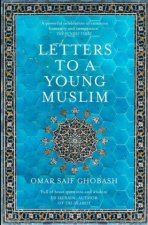
Letters to a Young Muslim
283 Kč -
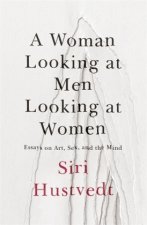
Woman Looking at Men Looking at Women
337 Kč -

Male Brain
283 Kč -

Humans of New York
601 Kč -
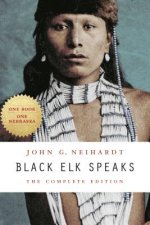
Black Elk Speaks
513 Kč -
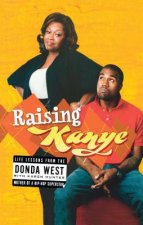
Raising Kanye
400 Kč -

Triumph of the City
298 Kč -
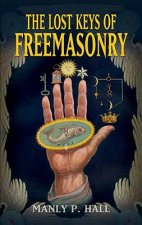
Lost Keys of Freemasonry
245 Kč -
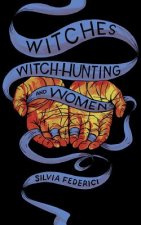
Witches, Witch-hunting, And Women
321 Kč -

Sioux Chef's Indigenous Kitchen
817 Kč -

By Any Means Necessary
326 Kč -
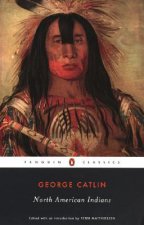
North American Indians
379 Kč -
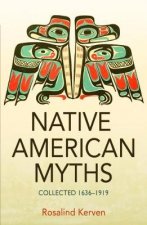
NATIVE AMERICAN MYTHS
458 Kč -

Maimonides-Essential Teachings on Jewish Faith & Ethics
406 Kč -
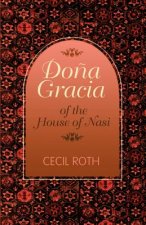
Dona Gracia of the House of Nasi
585 Kč -
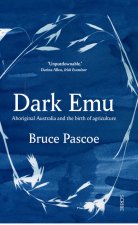
Dark Emu
382 Kč -

Beginner's Ladino with Online Audio
434 Kč -
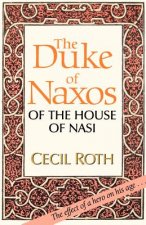
Duke of Naxos of the House of Nasi
585 Kč -
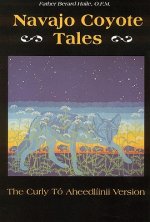
Navajo Coyote Tales
405 Kč -

The Politically Incorrect Guide to Jihad
457 Kč -
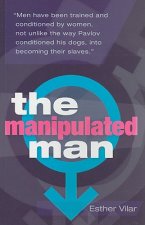
Manipulated Man
314 Kč -

Think Like a Monk
415 Kč -

The Mastery of Love
306 Kč -

Iron John
395 Kč -

Hillbilly Elegy
316 Kč -

Goddesses in Everywoman
283 Kč -
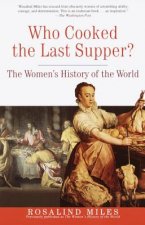
Who Cooked the Last Supper?
429 Kč -

The Autobiography of Malcolm X
222 Kč -
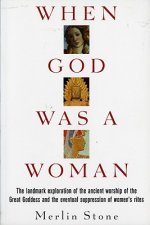
When God Was A Woman
498 Kč -

Lean In
337 Kč -
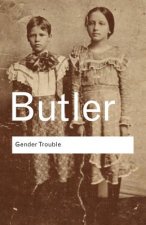
Gender Trouble
640 Kč -
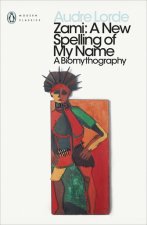
Zami
269 Kč -

Tom of Finland. The Complete Kake Comics
456 Kč -
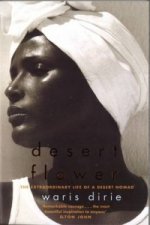
Desert Flower
269 Kč -

Uncle Tom's Cabin
109 Kč -

Indigenous Peoples' History of the United States
366 Kč -

Deepest Well
421 Kč -

Like She Owns the Place
445 Kč -

Hillbilly Elegy
526 Kč -

Autobiography of Malcolm X
269 Kč -
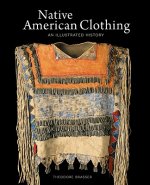
Native American Clothing
1390 Kč -

Nice Girls Don't Get The Corner Office
259 Kč -

The Male Nude
456 Kč
Osobní odběr Praha, Brno a 12903 dalších
Copyright ©2008-24 nejlevnejsi-knihy.cz Všechna práva vyhrazenaSoukromíCookies



 Vrácení do měsíce
Vrácení do měsíce 571 999 099 (8-15.30h)
571 999 099 (8-15.30h)